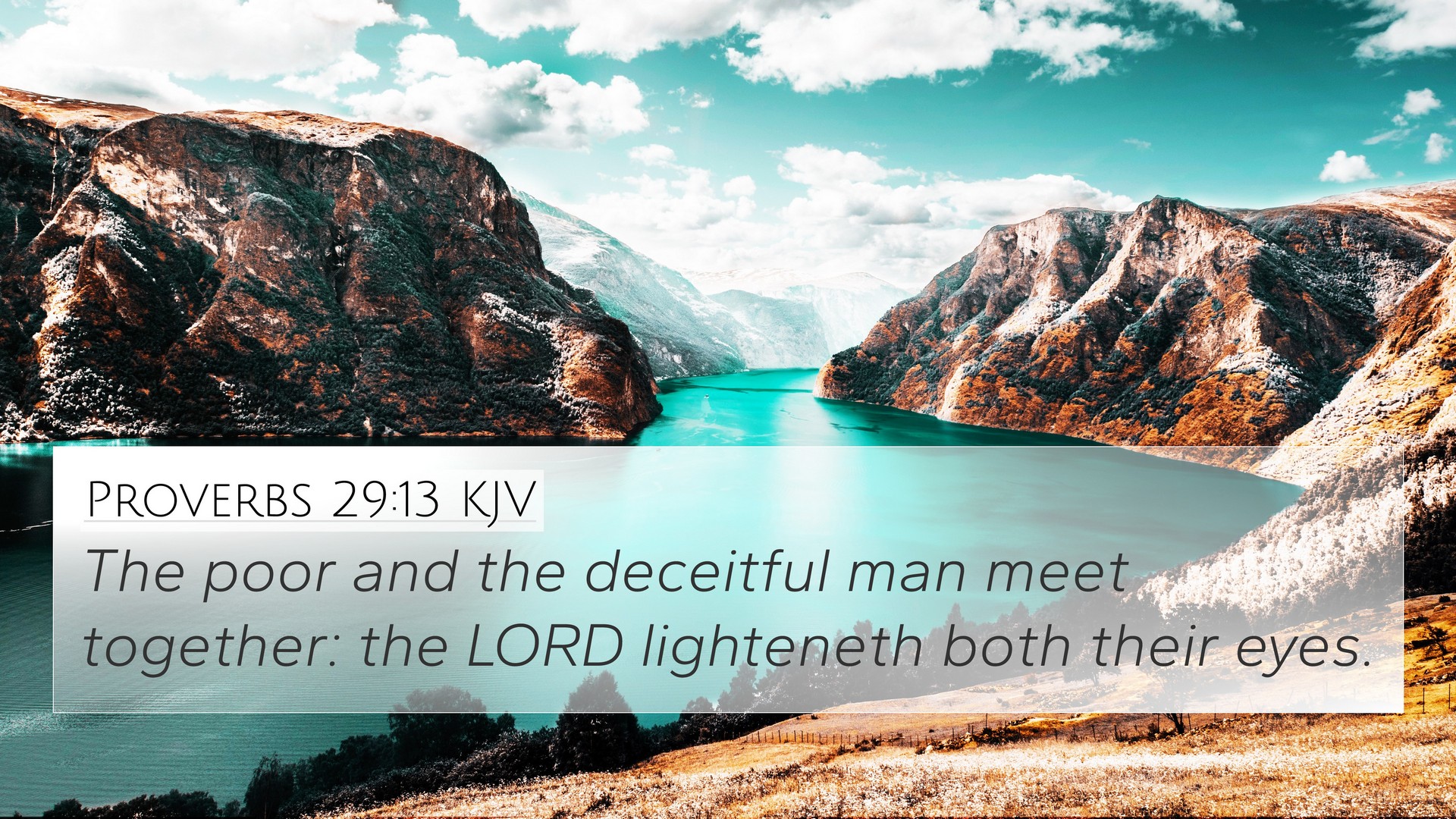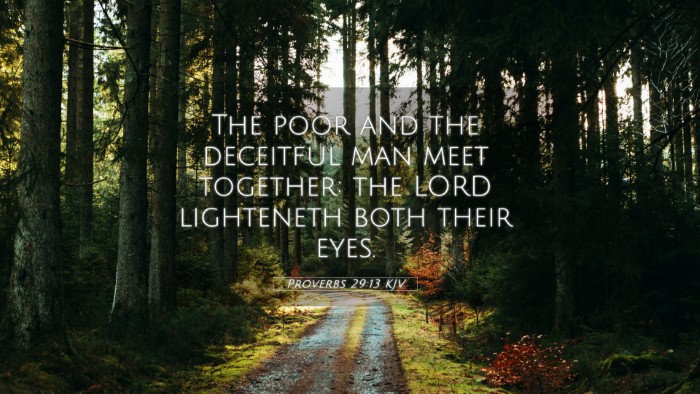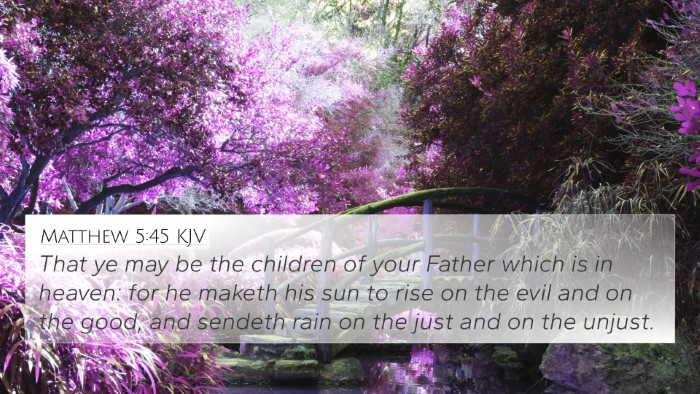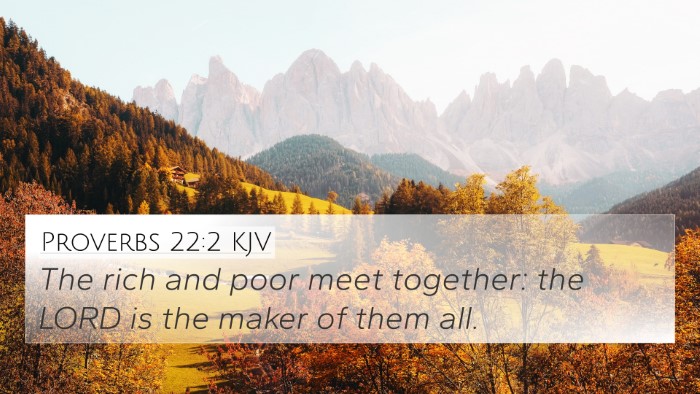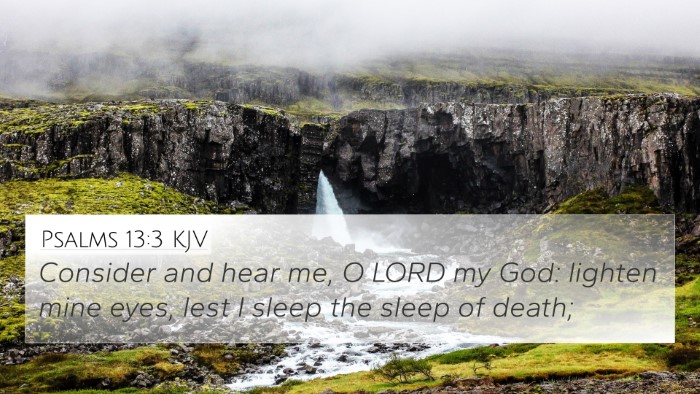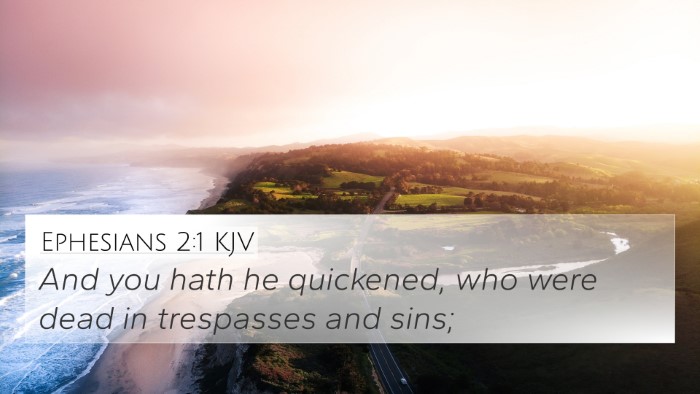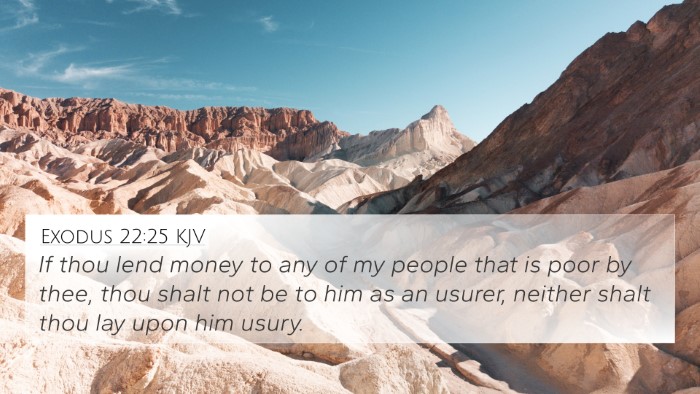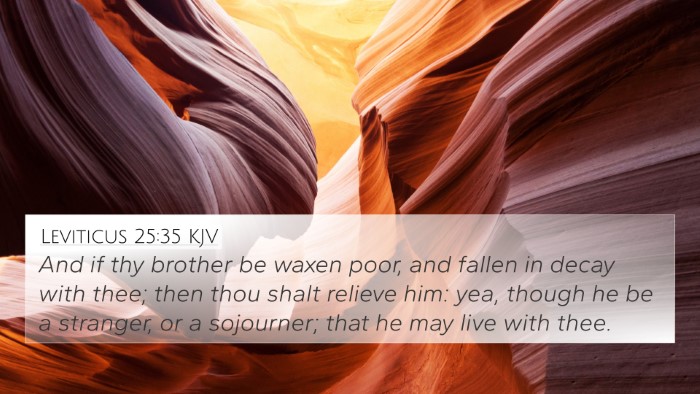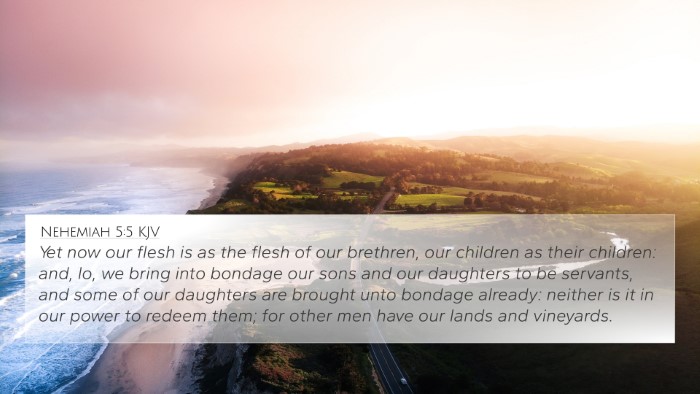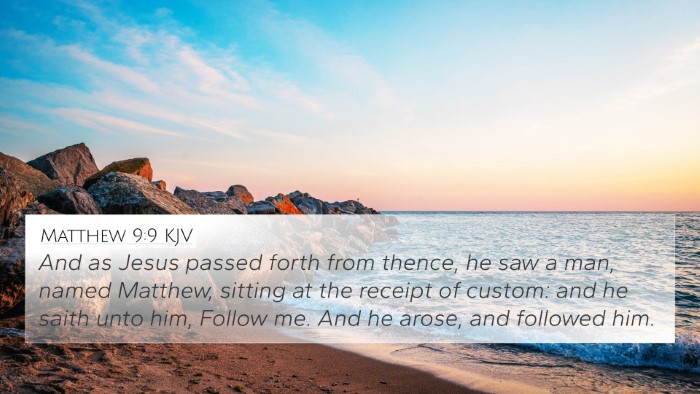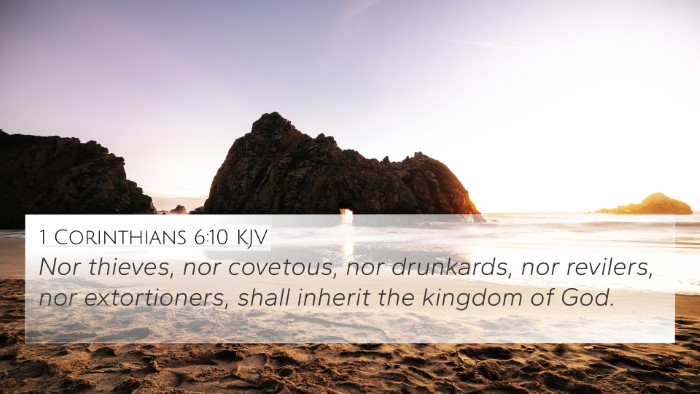Understanding Proverbs 29:13
Bible Verse: Proverbs 29:13 - "The poor man and the oppressor have this in common: The Lord gives light to the eyes of both."
Summary of Insights
This profound verse from Proverbs highlights the universal nature of God's justice, illustrating that both the disenfranchised and those who oppress them are subject to God's illumination and truth. The combination of insights from various public domain commentaries enriches our understanding of this scripture.
Matthew Henry's Commentary
Matthew Henry emphasizes that all people, regardless of their material circumstances, are equally under God's eye. He reflects on the idea that both the poor and the oppressors are accountable to God, suggesting that this equality in divine oversight serves as a reminder of God's impartiality and the moral responsibility shared by all individuals.
Albert Barnes' Notes
Albert Barnes offers a comprehensive analysis of the social implications of this verse. He interprets it within the context of the justice system, stressing that though society may differentiate between the poor and the oppressor, God sees beyond such boundaries. He also suggests that God's favor and grace are available to all, thus promoting the idea of spiritual equality and the shared need for divine mercy.
Adam Clarke's Commentary
Adam Clarke delves into the significance of "light" in this verse, interpreting it as enlightenment or understanding. He points out that both the oppressed and the oppressor receive insight from God, which serves to guide their paths. Clarke warns that the oppressor may ignore this divine insight at their own peril, while the poor may find hope in it, as it assures them of God's notice and care.
Thematic Connections
This verse is enriched by connections to other scriptures that deal with themes of justice, equality, and divine oversight. Here are some relevant Bible verse cross-references:
- Isaiah 11:4: "But with righteousness shall he judge the poor, and reprove with equity for the meek of the earth."
- James 2:5: "Listen, my beloved brethren: Has God not chosen the poor of this world to be rich in faith and heirs of the kingdom?"
- Job 34:19: "Who shows no partiality to princes nor regards the rich more than the poor; for they are all the work of His hands."
- Proverbs 22:2: "The rich and the poor meet together; the Lord is the maker of them all."
- Luke 6:20: "Blessed are you poor, for yours is the kingdom of God."
- Galatians 3:28: "There is neither Jew nor Greek, slave nor free, male nor female; for you are all one in Christ Jesus."
- Matthew 5:45: "For he makes his sun rise on the evil and on the good, and sends rain on the just and on the unjust."
Cross-Referencing Biblical Texts
By cross-referencing this verse with others, we see a broader biblical narrative of divine justice and equality. This is essential for a comprehensive understanding and promotes biblical literacy through thematic Bible verse connections.
Applications for Study
This verse calls for introspection and promotes practical applications in our lives:
- Consider how you view and treat those from different stations of life.
- Reflect on the concept of shared humanity in the eyes of God.
- Use Bible cross-reference guides to explore the interwoven truths found in scripture.
- Engage in cross-reference Bible study to deepen your understanding of connections between Old and New Testaments.
Conclusion
Proverbs 29:13 not only highlights God's impartial nature but also encourages us to recognize the shared plight of humanity before the divine. It challenges us to seek deeper insights through cross-referencing biblical texts, enriching our spiritual journey and enhancing our moral compass.
